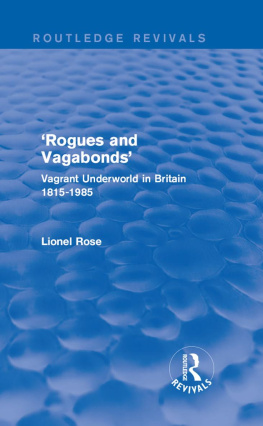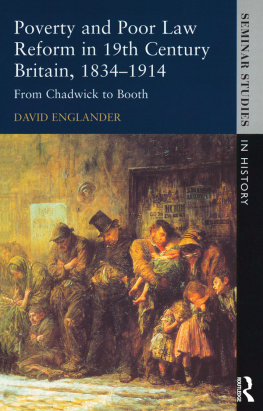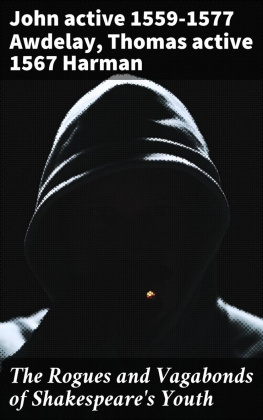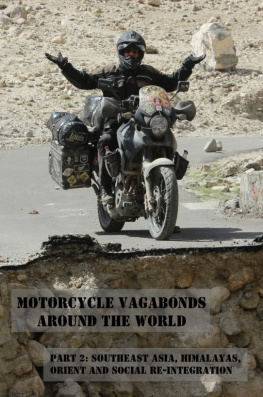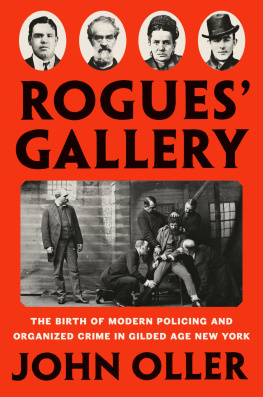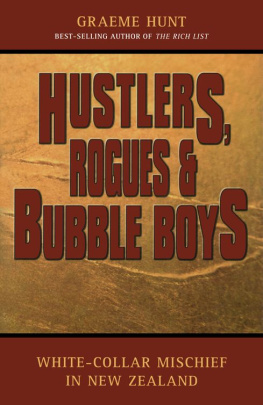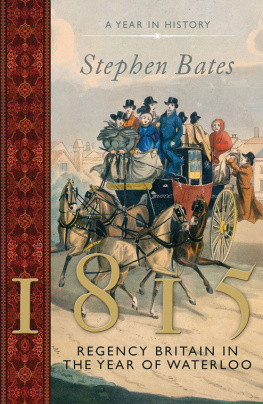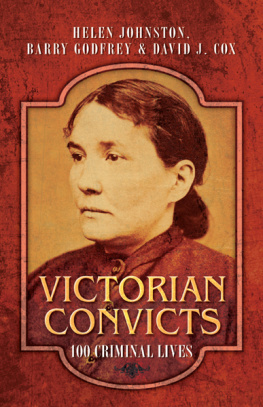Routledge Revivals
Rogues and Vagabonds
In this lively social history, first published in 1988, Lionel Rose explores in detail the plight of the street poor between 1815 and 1985. He describes the Victorian Rogues and Vagabonds who made elicit peddling, begging frauds and other petty crime their profession. He considers the relevant legislation and systems for coping with the street poor, from the 1824 Vagrancy Act and accompanying improvements in policing, through the casual ward systems of the workhouses and the role of common lodging houses, to the development of Social Services in the 1940s and local authority provision of accommodation. This title will be of interest to students of history, criminology and sociology.
Rogues and Vagabonds
Vagrant Underworld in Britain 1815-1985
Lionel Rose
First published in 1988
by Routledge
This edition first published in 2016 by Routledge
2 Park Square, Milton Park, Abingdon, Oxon, OX14 4RN
and by Routledge
711 Third Avenue, New York, NY 10017
Routledge is an imprint of the Taylor & Francis Group, an informa business
1988 Lionel Rose
The right of Lionel Rose to be identified as author of this work has been asserted by him in accordance with sections 77 and 78 of the Copyright, Designs and Patents Act 1988.
All rights reserved. No part of this book may be reprinted or reproduced or utilised in any form or by any electronic, mechanical, or other means, now known or hereafter invented, including photocopying and recording, or in any information storage or retrieval system, without permission in writing from the publishers.
Publishers Note
The publisher has gone to great lengths to ensure the quality of this reprint but points out that some imperfections in the original copies may be apparent.
Disclaimer
The publisher has made every effort to trace copyright holders and welcomes correspondence from those they have been unable to contact.
A Library of Congress record exists under LC control number: 87033767
ISBN 13: 978-1-138-95089-4 (hbk)
ISBN 13: 978-1-315-66852-9 (ebk)
Rogues and Vagabonds
Vagrant Underworld in Britain 18151985
Lionel Rose
First published in 1988 by
Routledge
11 New Fetter Lane, London EC4P 4EE
Published in the USA by Routledge
a division of Routledge, Chapman and Hall, Inc.
29 West 35th Street, New York, NY 10001
Set in Baskerville 10/11pt.
by Columns of Reading
and printed in Great Britain
by T.J. Press (Padstow) Ltd
Padstow, Cornwall,
Lionel Rose 1988
No part of this book may be reproduced in any form without permission from the publisher except for the quotation of brief passages in criticism
Library of Congress Cataloging in Publication Data
Rose, Lionel, 1944
Rogues and vagabonds: vagrant underworld in Britain, 18151985 Lionel Rose.
p. cm.
Bibliography: p.
Includes index.
1. Rogues and vagabonds Great Britain History 19th century. 2. Vagrancy Great Britain History 19th century. 3. Great Britain Social conditions 19th century. 4. Lodging-houses Great Britain History 19th century. I. Title.
HV4545.A3R67 1988
362.50941dcl9 8733767
British Library CIP Data also available
ISBN 04150025753
Contents
Cover. A lamp-lit derelict between the wars (Courtesy, BBC Hulton Picture Library)
I wish to express my thanks to the following for time and assistance accorded me in the preparation of this book: Chris Holmes and Nick Beacock of the Campaign for the Homeless and Rootless; Emlyn Jones of the National Association of Voluntary Hostels; Dr Michael Rose of the History Department, Manchester University; Dr Graham Davis of Bath College of Higher Education for an extract from his thesis, referred to in the Bibliography. My appreciation is also due for the yeoman service performed by my typist, Doreen Elwell and to Michele and Paul Connell for preparing the index.
For permission to reproduce the illustrations I would like to thank the Greater London Record Office, the Guildhall Library, the BBC Hulton Picture Library, the Public Record Office, and Chatto and Windus: The Hogarth Press.
I should like to take the opportunity here to draw attention to the ever-pressing need for donations by charities for the homeless in these difficult times. I am sure that CHAR and the NAVH, referred to above, would be only too willing to advise the enquirer.
Imagine that some stratospheric time machine has whisked you back to hover over the British Isles in the period just after the Napoleonic Wars. From your vantage point the highways and byways resemble the tracery of blood vessels, and the human traffic is the life blood flowing to the vital organs. For the body economic of Britain those vital organs are the growing town of the early industrial revolution, and time-lapse photography (to stretch our technological metaphor a little further) reveals, in the decades after 1815, a strong current from the Northern and Midland counties towards those towns. In the coal-less South the movement is much more sluggish, but London exerts a powerful regional pull as the great Wen. From the Scottish Highlands, where the crofter clearances are taking their toll, there is a flow towards the industrialising Lowlands and into England, as well as a transfusion to the overseas colonies. From overcowded and impoverished Ireland periodic potato blights, notably the disaster of 18212,), who concentrate in Lancashire and the South-west corner of Scotland, but progressively spread out to other urban centres, where they form distinct colonies in the dark and dangerous slum rookeries, like the notorious St Giles district of London.
The time-lapse sequence will also reveal blurry streaks, caused by more transitory passages: seasonal migrations of harvesters, including a high proportion of Irish who cross over in the late summer, travel extensively for work, and return home in the autumn;and military and naval operations. The city of Bath, lying on the route of the Irish inflow from South Wales and Bristol towards London, witnessed the whole parade of itinerants. As S.S. Duncan, a Bath resident, observed in 1834:
Failures of manufacturers, destruction of machinery, combinations &c, send many hundreds on the tramp. Soldiers wives and children are scrambling in all directions after regiments ordered to new stations. Sailors ramble from port to port to find captains for certificates of service, or to find new or old ships, or to pass public examinations at public boards for pensions or prize money &c. Wives are hunting for runaway husbands (rarely the reverse); children for runaway parents. Agricultural labourers are occasional wanderers for employment.
And, he believes, a general mood of restlessness, generated by the economic and political ferment of that time, makes many leave the home of their youth with diminished anxiety and easily led away to vice and shame.
The economic depression between 1815 and 1820 provoked widespread disorder, exacerbated by the new Corn Laws which protected the interests of the preponderantly land-owning Parliamentarians by barring foreign corn imports and keeping bread artificially expensive. Demonstrations, Luddism and calls for a widening of the franchise and the overthrow of the land-owning monopoly of power became the Radical response. Vagrancy increased as Napoleonic War veterans, some disabled, returned home demobilised and jobless; unemployment and astronomic bread prices sent many on the tramp to beg and steal to survive. as intimidators of country folk in isolated hamlets, and a cheating menace in the towns. Henry Fielding, the famous novelist and London magistrate, wrote feelingly in 1753 of their ubiquity in ill-policed Westminster:

